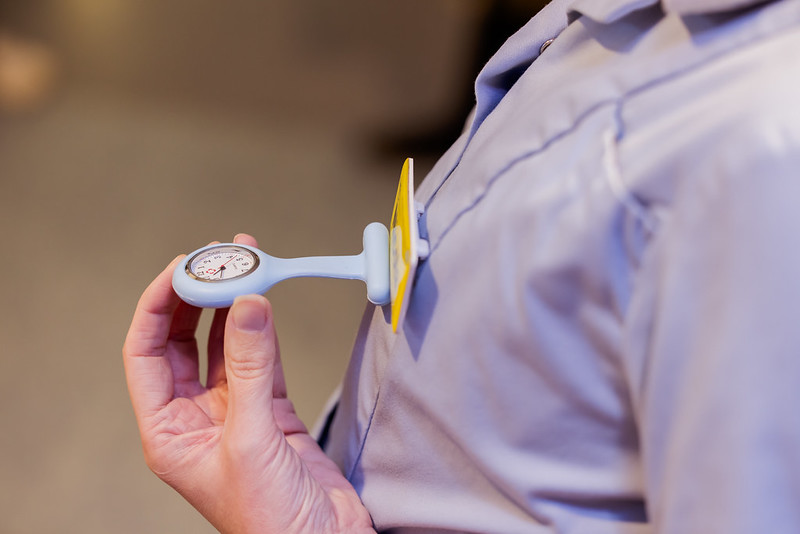The Royal College of Midwives (RCM) says an overhaul of NHS staff parking permit allocations and safe and accessible public transport options is needed to support safer travel to work for NHS staff, the majority of whom are women. The call came in an RCM motion to the STUC Congress in Dundee this week.
Almost all (99%) of midwives are women as are most maternity support workers (MSW), and overall women make up over seven out of ten NHS staff. There is often a lack of public transport available at the right times because NHS staff are often starting early in the morning and finishing later in the evening, with the consequent safety fears for women travelling alone at these times. The unpredictability of the work of midwives and other NHS staff do, also means they don’t finish within traditional working hours missing scheduled public transport. This often leaves using a car as the only safe option for them to travel to and from work.
However, even this is difficult because of the haphazard way that employers allocate on-site parking permits for staff. If often does not reflect the real needs of the workforce and needs addressing. Other measures to provide safe travel should also be considered, such as safe transport to park and ride services says the RCM. Midwives and other staff also may also be called out during the night to attend home births, making it even more important that parking allocation is considered carefully.
Jaki Lambert, RCM Director for Scotland, said: “There are great efforts going in to support the health and wellbeing of midwives and their NHS colleagues in the workplace, but very little to support travelling safely into work. Policies for staff parking should reflect the real needs of the workforce. Employers, councils and Government cannot of course be there to protect staff travelling to work, but they can put measures in place to improve safety.”
In two further motions to the STUC Congress the RCM called for more flexible working for NHS staff, and an opening up of the apprenticeship scheme to MSWs.
The pressures on maternity services are significant and growing. Combined with inadequate resources this is pushing many midwives and MSWs to consider leaving rather than face exhaustion and burnout. More flexibility for staff – such as more part time working or variable shift patterns – will support better recruitment and retention of staff says the RCM.
Better provision for MSWs to move into midwifery via apprenticeships will also widen access to the profession and support recruitment of midwives. The challenges are particularly acute in rural and remote areas. Enabling apprenticeships for MSWs could be a lifeline to remote and island boards to ensure they can supply the staff they need says the RCM. MSWs are often more mature and local to their workplace. This move would also enable the workforce to reflect local demographics and make communities more resilient by giving employment to local people. Taking on the financial burden of a midwifery degree is also not an option for many who have caring responsibilities, but the apprenticeships route is a viable option for many.
Jaki Lambert added, “Scotland’s growing midwifery shortages need not only investment but other ways of thinking to solve them. Giving staff the opportunity to really work flexibly and making the route into midwifery easier for MSWs via apprenticeships are two solutions that can make a big difference. We need to see action from Government and employers to make this happen.”
Ends
To contact the RCM Media Office call 020 7312 3456, or email media@rcm.org.uk.
Notes to editors
For information on the STUC Congress visit STUC Congress – STUC.
- RCM launches five-year vision for midwifery profession in Scotland
- Mounting Scottish maternity service staffing shortages spark safety fears says RCM
The Royal College of Midwives (RCM) is the only trade union and professional association dedicated to serving midwifery and the whole midwifery team. We provide workplace advice and support, professional and clinical guidance, and information, and learning opportunities with our broad range of events, conferences, and online resources. For more information visit the RCM | A professional organisation and trade union dedicated to serving the whole midwifery team.


